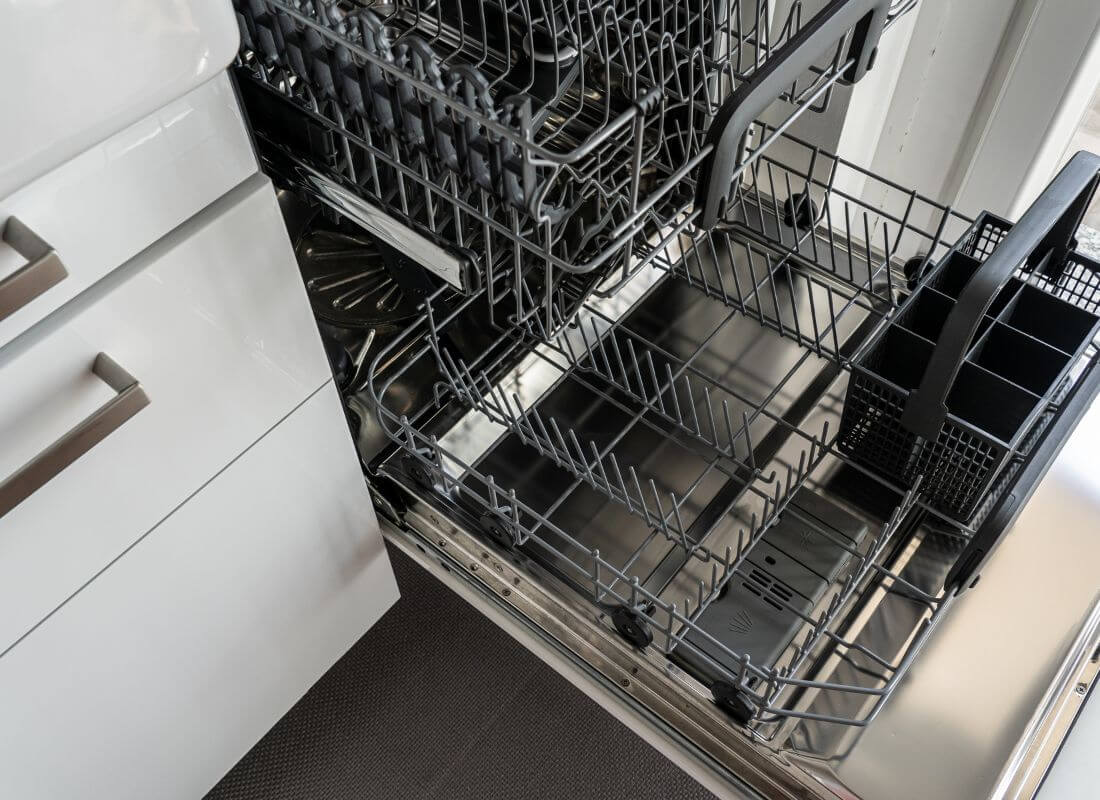
Can I wash my baby bottles in a dishwasher?
|
|
Time to read 4 min
|
|
Time to read 4 min
Cleaning, sterilising, and drying your baby’s bottles is a crucial part of any parenting routine with sterilising being recommended by the NHS until your little one is at least 12 months old. Whilst it is an extremely important part of your daily routine, we understand it can be a time-crunch for busy parents who need clean and sterile bottles ASAP.
Parents are confused as to whether they can use a dishwasher to clean their baby bottles. It is hard for parents to know the right cleaning choice to pick. Luckily Baby Brezza has the solution.
How we are changing the future of bottle washing:
There can be a lot of new information to research and understand when expecting a baby, and we know that learning the difference between clean and sterile can be confusing. In fact, many people use the terms interchangeably without realising that they mean completely different things. Do you know the difference?
‘Cleaning physically removes most germs, dirt, and impurities from objects and surfaces’ according to the Centers for Disease Control and Prevention. Cleaning uses soap or detergents with water to scrub, wash, and rinse the object. Cleaning should always be the first step before sterilising any bottle part or accessory.
Sterilising is the process of removing virtually all harmful germs and bacteria on a surface. To sterilise an item, it must be boiled at 100°C for a minimum of 5 minutes. It is worth noting that most dishwashers will not reach this temperature for this amount of time.
The simple answer is yes, you can wash your baby bottles in a dishwasher. However, it is important to understand that these items will not be sterilised. A dishwasher can only clean your feeding equipment as it will not reach a high enough temperature for the minimum amount of time required to be sterilised.
There are various things that you must remember if you do decide to clean your feeding equipment in the dishwasher:
Have you ever washed your items in your dishwasher to find that once they have been ‘cleaned’, they actually still have bits of food residue on them? That’s because most dishwashers only have 1 or 2 spray arms that rotate and don’t directly spray water onto all your items. The Bottle Washer Pro ensures that even the tiny crevices within your baby's bottles are cleaned with 20 high-pressure direct spray jets that blast your items meaning you know that your little one is getting a clean bottle each time. This, accompanied by the specific racks that it has for your bottles and accessories, means that your parts and accessories are also being cleaned just as well as your baby bottles!
As previously stated, dishwashers do not sterilise your baby bottles. As they only clean your bottles, germs can still remain inside which means the parts and accessories must then be sterilised after they have been in the dishwasher. This can be a long process. With the press of one button, the Bottle Washer Pro can wash, sterilise and dry your items in just 88 minutes. In the UK, most dishwashers take between 1.5 and 4 hours to wash and dry. That excludes having to sterilise parts afterwards!
Did you know that, according to Bosch, the average dishwasher in the UK uses 9.5 litres of water per full load? The Baby Brezza Bottle Washer Pro uses less than 4.5 litres of water meaning it is more sustainable than any dishwasher you will use!
With the average newborn drinking between 10 to 14 bottles a day, new parents are constantly looking for ways to speed up the cleaning, sterilising and drying process of their feeding routine. You could wash, sterilise and dry all of these bottles in the same time that it would take for you to run one dishwasher cycle, and you’d be saving the planet whilst doing so! Plus, you won’t have to wait for the dishwasher to fill up before running it and your feeding equipment will not mix with any food or heavy detergents.
In conclusion, it can be difficult to decide which method of cleaning and sterilising is best for you and your little one. Although many claim to have the ‘best method’, it is ultimately the decision of the parent to decide what is best for their family.



